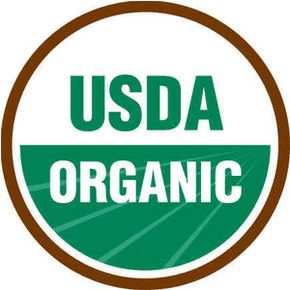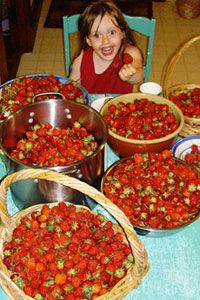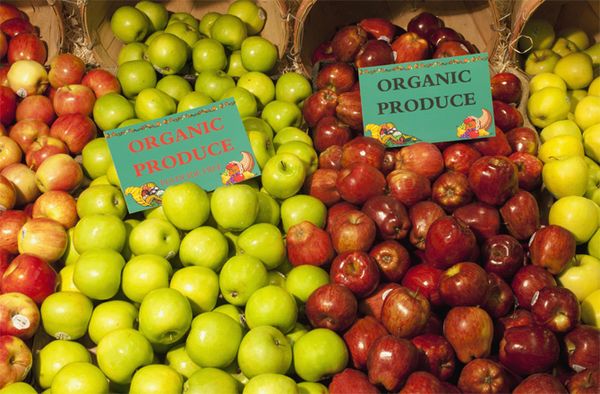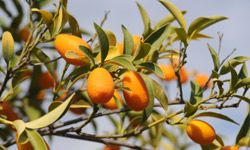When the U.S. Congress required that, by 2006, the U.S. Environmental Protection Agency (EPA) review the safety of nearly 10,000 agricultural pesticides, the driving force was concern for child safety [source: Schneider]. Not that kids are the only ones exposed, of course, but their tiny bodies leave them more vulnerable than adults to the effects of trace pesticides.
The true nature of those effects is somewhat hazy. The EPA has tested and approved the pesticides and trace levels currently found in foods that are grown, processed and/or sold in the United States. But animal studies show that some of those "safe" pesticides might cause health problems, including brain and developmental damage [source: Schneider]. One study found that a pesticide known to cause cognitive problems in rats, called chlorpyrifos, was present in notable levels in children who consume normal amounts of conventionally grown produce [source: Schneider].
Advertisement
That same study discovered that within 36 hours of switching those children to organic produce, chlorpyrifos was no longer detectable in their bodies.
More and more people are choosing organic food, largely in an attempt to limit exposure to potentially harmful chemicals. Organics are believed to be safer, healthier and better for the environment. They're believed to be grown without pesticides, and consumers are willing to pay extra for the assurance that they and their kids aren't ingesting bad stuff.
Is the assurance warranted? Does "organic" mean "pesticide-free"? How do you know you're really paying for a healthier apple?
In this article, we'll find out about the relationship between organic farming and pesticides. We'll see what's required to be called "organic," what's prohibited and how you can tell if the apple you're buying is really pesticide-free.
And ideally, when you buy an organic apple, it is pesticide-free.
Sort of.
Advertisement




